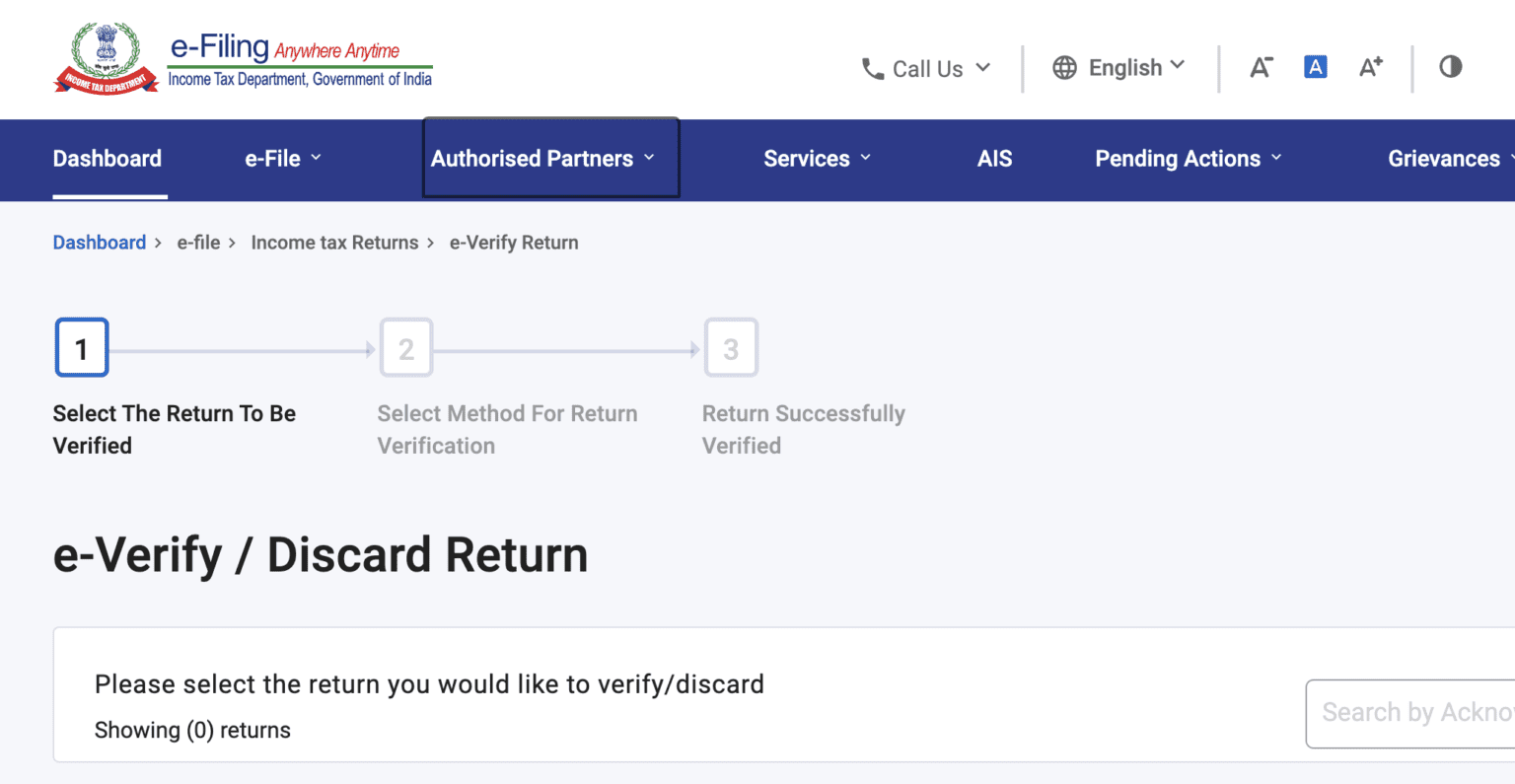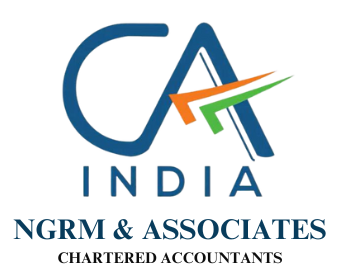Section 80G Registration of the Income Tax Act, 1961 is a provision that allows individuals and organizations to claim a deduction on donations made to certain eligible charitable institutions. The deduction is available to both Indian residents and non-residents who make donations to approved organizations.
To claim the deduction under Section 80G, the charitable organization must be registered with the Income Tax Department and have been granted a valid registration under the section. The registration ensures that the organization meets the prescribed criteria and is eligible to receive tax-deductible donations.
- Eligibility: Charitable organizations and institutions that meet the specified conditions laid out in Section 80G are eligible to apply for 80G registration.
- Registration Process: The organization seeking section 80G registration needs to apply in Form 10G to the Income Tax Commissioner or Director of Income Tax (Exemptions). The application should be accompanied by required documents such as audited financial statements, details of activities, and copies of the trust deed or other governing documents.
- Approval and Validity: Once the application is reviewed, the Income Tax Department may grant approval under Section 80G. The registration is usually valid for a specific period, which may vary based on the circumstances and discretion of the authorities.
- Donation Receipts: After obtaining Section 80G registration, the charitable organization should issue appropriate receipts or certificates to the donors, acknowledging the donation and specifying the amount eligible for tax deduction.
- Tax Benefits: Donations made to organizations registered under Section 80G are eligible for deduction from the total taxable income of the donor. The specific percentage of deduction varies depending on the nature of the organization and the provisions of the Act.
Eligibility criteria under section 80G of the Income Tax Act
For section 80G Registration under the Income Tax Act, an organization or institution must meet certain eligibility criteria. Here are the general requirements:
- Nature of the organization: Only organizations or institutions established in India are eligible for Section 80G registration. These include charitable trusts, societies, nonprofit companies, and certain funds.
- Legal registration: The organization must be registered under the relevant laws in India. For example, a trust must be registered under the Indian Trusts Act, 1882, and a society must be registered under the Societies Registration Act, 1860.
- Charitable purpose: The organization must be primarily engaged in activities of public welfare or charitable nature. It should aim to promote relief for the poor, education, medical relief, preservation of the environment, or any other approved charitable purpose.
- Non-distribution of profits: The organization should not be established for the purpose of making a profit or distributing its income or assets to its members, trustees, or contributors. Its income should be utilized solely for charitable purposes.
- Audit and accounts: The organization must maintain proper books of accounts and get them audited annually by a qualified chartered accountant. The audited financial statements should be made available for scrutiny if required.
- Validity of registration: Organizations seeking Section 80G registration must apply to the Income Tax Department in the prescribed form. The registration is generally granted for a specific period, such as a few years, and may require renewal thereafter.
Process to Register under Section 80G of the Income Tax Act
For Section 80G registration of the Income Tax Act in India, an organization must follow these steps:
- Eligibility Check: Ensure that your organization meets the eligibility criteria for Section 80G registration. Generally, charitable trusts, institutions, or funds involved in various fields like education, medical relief, poverty alleviation, etc., are eligible.
- Registration Application: Prepare an application in Form 10A for Provisional & 10AB for Permanent as prescribed by the Income Tax Department. Include details such as the name and address of the organization, objectives, activities, financial statements, governing body members, etc.
- Supporting Documents: Gather the necessary supporting documents, including the following: a. Trust deed or Memorandum and Articles of Association (MOA and AOA). b. Registration certificate, if any (e.g., for a society, trust, or section 8 company). c. PAN card of the organization. d. PAN cards and addresses of all governing body members. e. Audited financial statements, balance sheet, and income and expenditure statements for the past three years.
- Submit the Application: Submit the duly filled Form 10A/10AB and supporting documents to the Commissioner of Income Tax (Exemptions) or the prescribed authority in your jurisdiction. Make sure to keep copies of the application and documents for future reference.
- Verification and Approval: The income tax authorities will verify the application and may conduct an inspection of your organization’s premises. They will also evaluate the genuineness of the activities and the compliance with legal requirements.
- Issuance of Registration Certificate: If the application is approved, the tax authorities will issue a registration certificate under Section 80G. The certificate will mention the validity period, which is usually for a specified number of years.
- Claiming Tax Deductions: Once registered, donors who contribute to your organization can claim tax deductions under Section 80G for their donations while filing their income tax returns. It is essential to provide proper receipts to the donors, including your registration number and validity period.
Validity of Section 80G Registration under Income Tax Act
Typically, Section 80G registration is valid for a specific period, usually a few years, as determined by the income tax authorities.
Currently First organizations seeking fresh registration, They will be granted provisional Registration for First 3 Years, Thereafter Organisations before expiry of 3 years will have to apply for permanent registration which is valid for further 5 years.
The registration certificate issued to the organization will mention the validity period. It is essential for charitable organizations to ensure that they renew their registration before it expires to continue availing the tax benefits for their donors.
To maintain the validity of Section 80G registration, the charitable organization needs to comply with the conditions and requirements set by the Income Tax Department. The organization must use the donated funds for the approved charitable purposes and maintain proper books of accounts. They are also required to file their annual income tax returns and submit other relevant documents as per the regulations.
Suggestions for Donors
It’s important for donors to verify the validity of Section 80G registration of a charitable organization before claiming tax benefits on their donations. They can check the registration status and validity on the Income Tax Department’s official website or consult with a tax professional for accurate information.
FAQ's
Section 80G of the Income Tax Act, 1961 is a provision that allows taxpayers to claim deductions for donations made to specified charitable institutions or funds.
The purpose of Section 80G Registration is to encourage individuals and organizations to contribute towards charitable causes by providing them with tax benefits. It incentivizes donations by allowing taxpayers to claim deductions from their taxable income.
Individuals, Hindu Undivided Families (HUFs), and companies can claim deductions under Section 80G for donations made to eligible charitable organizations.
Donations made to specified funds and institutions, such as the Prime Minister's National Relief Fund, approved charitable trusts, and certain government funds, are eligible for deductions under Section 80G. However, not all donations are eligible, and it is important to check the specific eligibility criteria.
The amount of deduction varies depending on the organization or fund to which the donation is made. The deduction can be either 50% or 100% of the donated amount, subject to certain conditions and limits prescribed by the Income Tax Act.
Yes, there are certain limits on the amount of deduction that can be claimed. The maximum deduction allowed under Section 80G is typically 10% of the taxpayer's gross total income. However, there are some funds or institutions where the limit may be different, so it is important to refer to the specific provisions.
No, not all donations qualify for 100% deduction. While some donations may be eligible for 100% deduction, others may qualify for only 50% deduction. The specific percentage of deduction depends on the nature of the charitable organization or fund.
Yes, to claim deductions under Section 80G, taxpayers need to provide certain details and documentation. This may include the name and address of the recipient organization, its registration number, the amount donated, and a valid receipt or certificate issued by the organization.
Yes, deductions under Section 80G can be claimed along with other deductions available under different sections of the Income Tax Act. Taxpayers can utilize multiple deductions to minimize their taxable income and reduce their overall tax liability.
The Income Tax ct does not prescribe a specific format for claiming deductions under Section 80G. However, taxpayers need to maintain proper documentation and records to substantiate their claims, including receipts and certificates from the recipient organizations.











